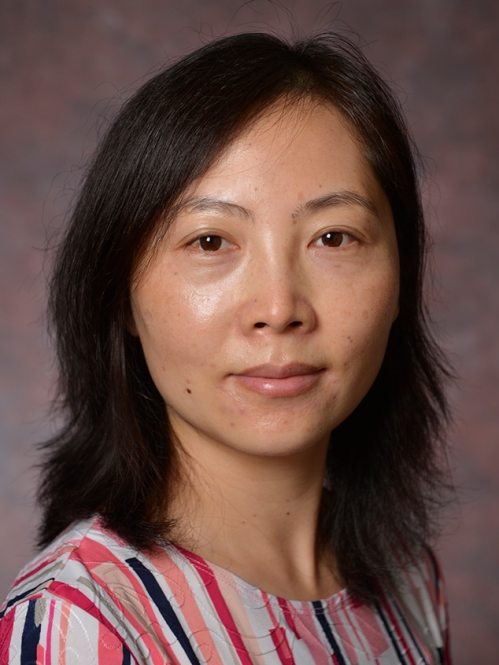Ning Zhang

Biography
Biography
I am a fungal biologist and have been studying various groups of Fungi, the second largest kingdom of eukaryotic life. An estimated 1.5 million species of Fungi comprise a diverse group of organisms that have vital functions as decomposers, pathogens, and as components of other symbioses in biomes, but after two centuries of active study, only about 10 % of these prognosticated fungal species have been discovered by scientists. Plant-fungus symbiotic associations are very common but many plant associated fungal communities have not been sampled. Huge gaps persist in our understanding of fungal biodiversity, evolution and function. My long-term goal is to contribute to resolving vital principles for the study of evolution, biodiversity and functions of Fungi, especially those that are associated with grasses.
I have three primary research interests that are intrinsically linked to each other:
- Fungal systematics and evolution; We currently are working on taxonomy, biodiversity and genomics for Magnaporthales, an ascomyceteous fungal order that contains several important plant pathogens, including the rice blast fungus take-all pathogen of cereals, and the summer patch pathogen of turfgrass. We have been building a publicly accessible: e-monograph of Magnaporthales fungi (https://magnaporthales.sebs.rutgers.edu), which is supported by the National Science Foundation. This monograph includes all accepted species names in Magnaporthales; species description, diagnostic illustration, type designation, host range, and geographical distribution for representative taxa; Genbank accession numbers for DNA barcode and other genes, links to the genome databases; and dichotomous keys. The Magnaporthales e-monograph provides free access on updated taxonomic, biogeography and molecular data to researchers and the broader user communities worldwide, and aims to facilitate the future work on systematics, biodiversity, evolution, genetics, plant protection and quarantine. Other useful links include the Fungal Genome Initiative (http://dblab.rutgers.edu/FunGI) and the Magnaporthales Names Blog (http://magnaporthe.blogspot.com).
- Fungal biodiversity and their functional role in the ecosystem;
- Biodiversity, DNA barcoding, and functions of fungi in Pine Barrens and other ecosystems
- Exploring and evaluating the significance of root-associated fungi and microbes to switchgrass production
- Development of novel molecular methods for rapid diagnosis of pathogenic fungi.
New pathogens are emerging all the time and many known pathogens are fast evolving due to dramatic climate change, host switching, and frequent transportation by humans. I am interested in developing new molecular methods for rapid pathogen detection and identification. We are currently developing a Turf PathoCHIP (array based method) and real-time PCR for turfgrass and other plant pathogens
Lab members:
Alexis Faulborn (2022-present)
Peninah Feldman (2017-present)
Glen Groben (2016-2022, graduated PhD)
Molly Bindell (2011-2019, graduated PhD)
Liang Cheng (2011-2015, graduated MS)
Dr. Jing Luo (September 2011-present)
Nimmi Rajmohan (2012 graduated PhD) co-advised
Stephen Miller (2009-2015, Graduated PhD)
Dr. Evans Njambere (November 2009-November 2012, now in DuPont)
Emily Walsh (November 2009-present) lab manager
Shuang Zhao (2009-2011, graduated PhD) co-advised
Suli Hu (February 2009-October 2009) lab technician
Title and Address
Professor
Department of Plant Biology
School of Environmental and Biological Sciences
Rutgers, The State University of New Jersey